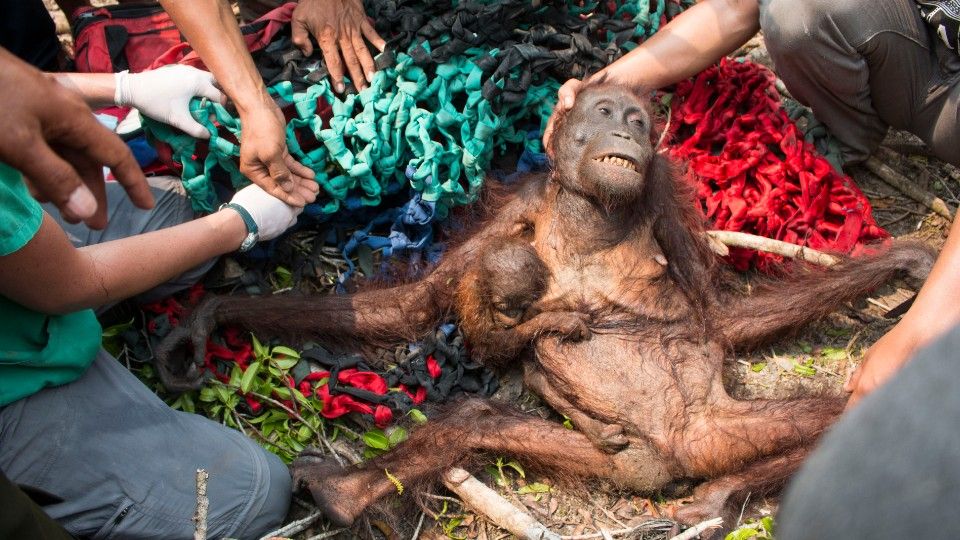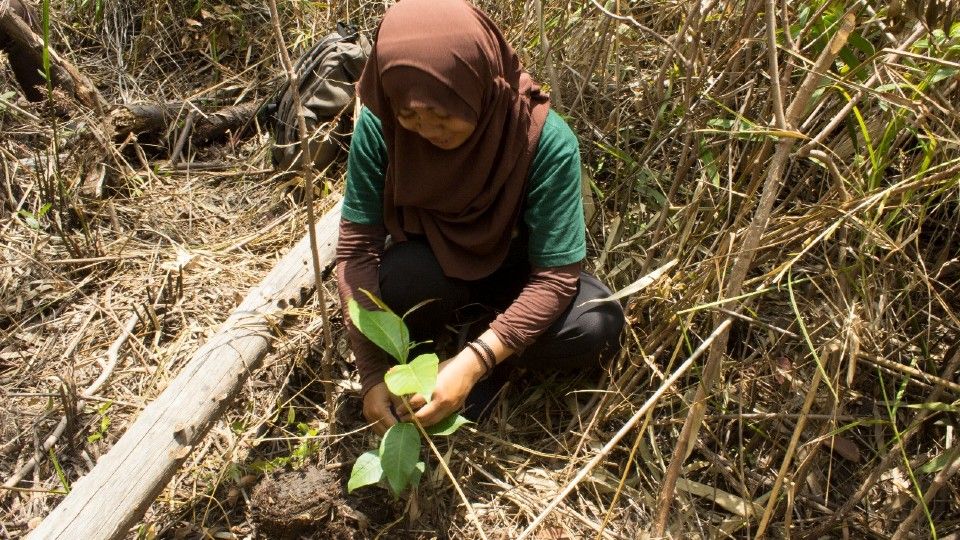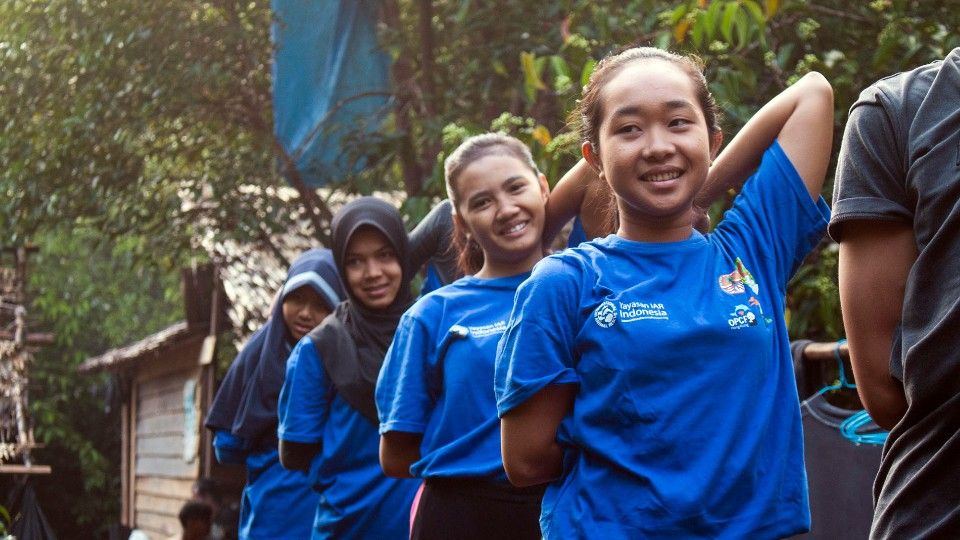Act Now - Save The Orangutan
Introduction
The plight of the orangutan in Indonesia has reached a critical stage, with the survival of the species under serious threat. We are fighting for the survival of the critically endangered orangutan every single day!
Animals are suffering and dying because of the systematic destruction of the rainforest, primarily for palm oil production, particularly in Kalimantan, the Indonesian part of the island of Borneo.
Our team is working in West Kalimantan to rescue and care for baby orangutans that have been taken from their mothers to be illegally sold as pets and adults that have spent their entire lives in captivity, chained up or imprisoned in tiny cages. Our Orangutan Protection Unit also comes to the aid of orangutans left stranded when their forest home is destroyed and translocates these vulnerable animals to safe areas of protected forest. Any animals that can no longer survive in the wild will be given a permanent home at the centre.
The project is an ambitious one but we are committed to rescuing and rehabilitating as many orangutans as we can and giving them a second chance to live safely in their natural environment.
Where your money will go
Orangutan Rescue and Rehabilitation
Our team is working in West Kalimantan to rescue and care for baby orangutans that have been taken from their mothers to be illegally sold as pets and adults that have spent their entire lives in captivity, chained up or imprisoned in tiny cages. Our Orangutan Protection Unit also comes to the aid of orangutans left stranded when their forest home is destroyed and translocates these vulnerable animals to safe areas of protected forest.
Every orangutan arriving at our center spends a period of time in quarantine and is tested for more than 40 diseases. Orangutans who are able to be rehabilitated spend years going through our school system learning the skills they need to survive in the wild. Where possible we will always strive to release an orangutan back to the wild, however any animals that can no longer survive in the wild are given a permanent home at the centre.

Forest Protection & Tree Planting
We have always taken a pragmatic approach to conservation in Indonesia, understanding that we must work within the country’s existing landscape, and cultural, economic and political context. All existing orangutan habitat is to some extent being shaped by human activities, and in West Kalimantan the predominant land use is for agriculture, both for local smallholdings and larger industrial plantations, principally for the cultivation of oil palm. We are committed to protecting as much orangutan habitat as possible, when given the opportunity IAR will always buy more land to expand our centre and protect as much of our neighbouring forest as possible.
We are committed to protecting the orangutan’s natural habitat and our extensive landscape conservation project involves working to protect forest, encouraging sustainable farming, reforesting areas lost in fires and creating tree corridors that allow orangutans to move freely and safely between protected areas. When given the opportunity we will always buy more land to expand our centre and protect as much of our neighbouring forest as possible. For example in 2017 we purchased 64 acres of forest, increasing our centre’s size by 20%.

Education
It is imperative that any conservation programmes are carried out in conjunction with education activities. IAR began running education programmes in West Kalimantan as soon as we began our rescue and rehabilitation programme, providing information on orangutan conservation issues and the legality of ownership to orangutan owners during rescues, and socialisation work with people living around our original orangutan transit centre.
One of our most successful recent programmes involves our conservation camps, which take place in the forest of Pematang Gadung. These camps are targeted at local teenagers, to develop and foster their interest in conservation, encourage them to become active stewards in the protection of Ketapang’s natural resources, and show them how decisions they make in their everyday lives can impact on the environment.


